Can You Compost Carrots? The Ultimate Guide to Composting Leftover Vegetables
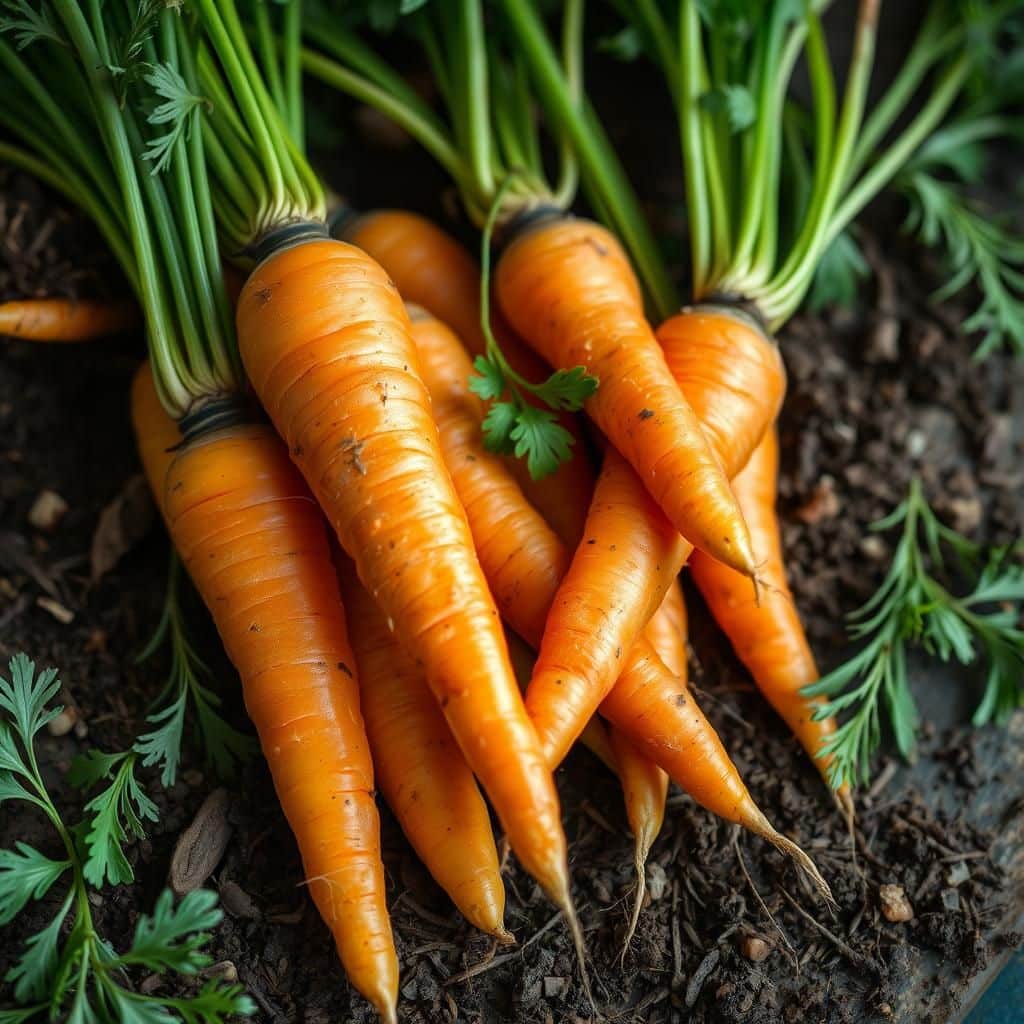
Composting is an eco-friendly practice that transforms organic waste into nutrient-rich soil, benefiting both gardeners and the environment. Among the many food scraps that can be composted, carrots stand out as a popular option due to their abundance in kitchens and gardens. However, questions often arise about the best ways to compost leftover vegetables like carrots. This ultimate guide will explore the benefits of composting carrots, how to prepare them for the compost pile, and tips for ensuring a successful composting process. Whether you're a seasoned composter or new to the practice, this article will provide valuable insights for your gardening journey.
Can You Compost Carrots?
Yes, you can compost carrots along with many other kitchen scraps. When composting carrots, it’s essential to ensure they are chopped or shredded, as this increases the surface area and accelerates the decomposition process. Carrots are considered a green material due to their nitrogen content, which helps balance the carbon-rich materials in your compost pile. It’s advisable to layer them with items high in carbon, such as dry leaves or straw, to maintain a proper carbon-to-nitrogen ratio. Additionally, avoid composting carrots that are diseased or moldy to prevent any contaminants from entering the compost.
The Nutritional Value of Carrots
Carrots are rich in vitamins and minerals, particularly beta-carotene, which the body converts into vitamin A. This nutrient is essential for maintaining good vision and a healthy immune system. While composting, the nutrients present in carrots contribute to enriching the soil, helping to support plant growth. The organic matter produced from composted carrots adds nutrients back into the ecosystem, making them a valuable addition to any compost pile.
How to Prepare Carrots for Composting
To prepare your carrots for composting, it’s best to rinse them to remove any dirt or pesticides before chopping them into smaller pieces. Smaller pieces decompose faster and help speed up the overall composting process. You can also peel carrots, as the peels are a great source of nitrogen. However, try to avoid adding too many carrot tops if they are moldy, as they can introduce pathogens to your compost.
Composting Tips for Vegetable Scraps
When composting vegetable scraps like carrots, it’s important to maintain the right balance of carbon and nitrogen. A general rule of thumb is to aim for a ratio of about 2:1 or 3:1 of carbon to nitrogen materials. Ensure proper aeration by turning your compost pile regularly, as this helps to provide the necessary oxygen for microbial activity. Monitor the moisture levels; the compost should be like a damp sponge—too wet can lead to odors, while too dry can slow down the decomposition process.
Common Issues When Composting Carrots
One common issue when composting carrots is attracting pests, particularly if you include very sweet or rotting scraps. Ensure that you mix carrots with drier materials and cover them well within the compost heap. Additionally, if you're composting carrots that have been grown conventionally, they may have pesticide residues; therefore, it's preferable to use organic carrots for your compost. Always monitor the composting process to ensure it's maintaining a healthy ecosystem.
Using Finished Compost from Carrots
Finished compost made from carrots can be a fantastic addition to your garden or planting beds. This nutrient-rich compost can help improve the soil structure, moisture retention, and overall fertility, providing essential nutrients for your plants. Incorporating carrot-based compost into your soil will not only enrich it but also support healthy and productive plant growth. Use it as a top dressing, or mix it into the soil before planting to maximize its benefits.
| Aspect | Detail |
|---|---|
| Nutritional Value | High in beta-carotene and essential vitamins. |
| Preparation | Wash and cut into small pieces. |
| Composting Tips | Maintain a proper carbon-to-nitrogen ratio. |
| Common Issues | Prevent pest attraction and manage moisture levels. |
| Usage | Enrich soil for healthy plant growth. |
What vegetable should not be composted?
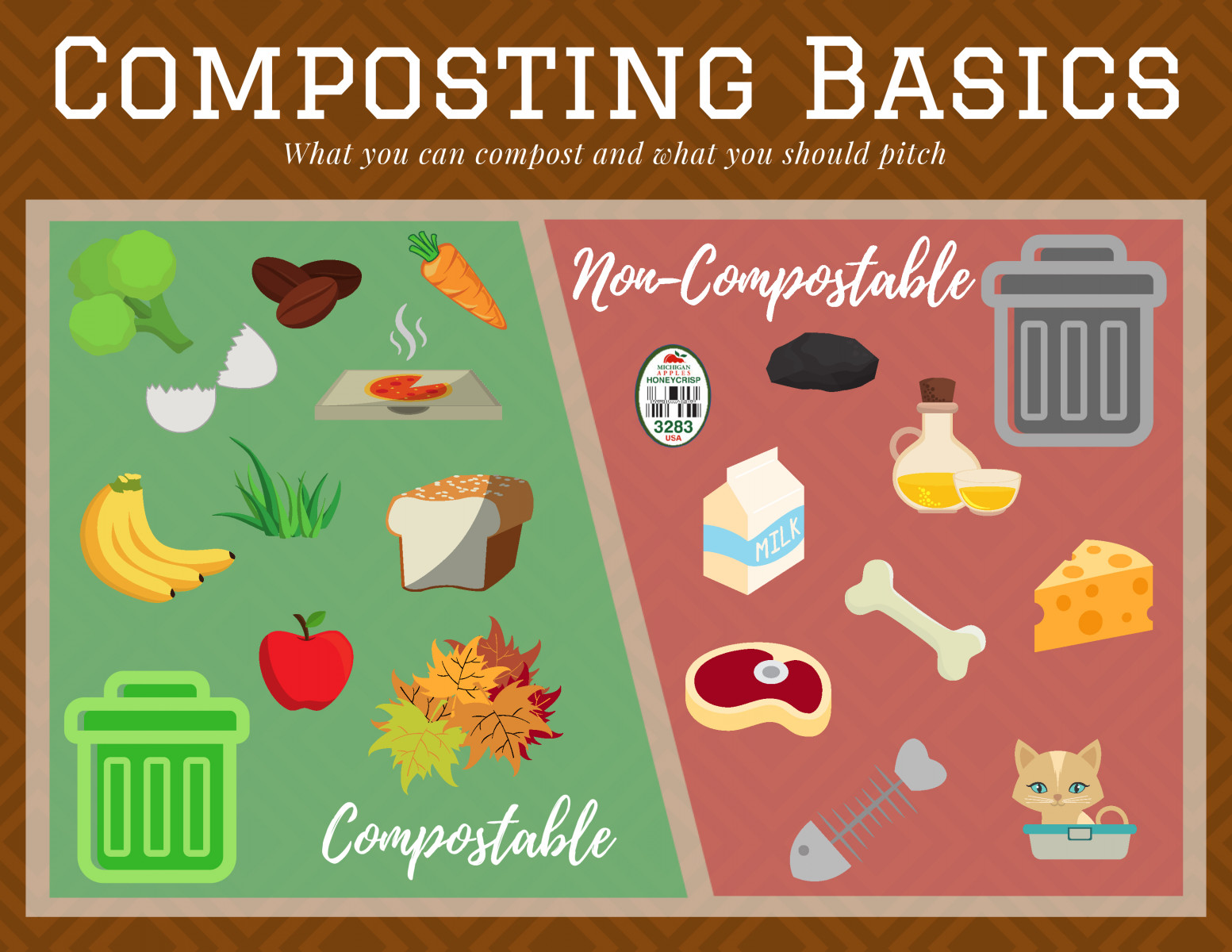
Certain vegetables should not be composted due to their potential negative effects on the composting process and the quality of the compost produced. One of the primary vegetables that should be avoided is onions. Onions can attract pests, produce a strong odor, and can also create a high sulfur content in compost, which may affect the pH levels and the overall nutrient balance of the compost.
Why Onions Are Problematic
Onions are known to release compounds that can deter the activity of beneficial microbes essential for effective composting. When added to compost, these compounds can lead to undesirable outcomes. Consider the following points:
- Attract pests: The strong smell of decomposing onions can attract rodents and other pests to your compost pile.
- Odor issues: Onions produce a pungent odor when decomposing, which can be unpleasant nearby.
- Impact on microbial balance: High sulfur levels from onions may inhibit the growth of beneficial bacteria needed for composting.
Other Vegetables to Avoid
In addition to onions, several other vegetables should also be avoided in compost due to their potential complications. These include:
- Garlic: Similar to onions, garlic can disrupt microbial activity and attract pests.
- Cabbage family: Vegetables like cabbage, kale, and broccoli can produce strong odors as they decompose.
- Potatoes: Potato peels, especially those with blight, can spread disease in your compost.
The Importance of Compost Quality
Maintaining the quality of compost is crucial for gardening and agricultural practices. The presence of undesirable vegetables can affect the entire balance. Key aspects include:
- Nutrient balance: Certain vegetables can throw off the nutrient profile of compost, resulting in an unbalanced product.
- Composting speed: Some vegetables can slow down the decomposition process, leading to incomplete compost.
- Plant health: Poor-quality compost can harm plants instead of providing them with necessary nutrients.
Alternatives for Composting
If you want to compost while avoiding problematic vegetables, consider these alternatives that enrich the compost and enhance its efficiency:
See also: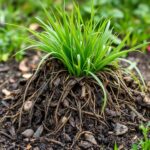
- Vegetable scraps: Peels and cores from carrots, cucumbers, and other vegetables are excellent compost materials.
- Fruit waste: Leftover fruit scraps offer sugars that help boost microbial activity.
- Yard waste: Leaves, grass clippings, and small branches can add carbon and structure to the compost pile.
Best Practices for Composting
To optimize your composting process and avoid problems, follow these best practices:
- Avoid known offenders: Stay clear of onions, garlic, and other similar vegetables that disrupt composting.
- Balance materials: Mix green materials (nitrogen-rich) with brown materials (carbon-rich) for ideal compost.
- Monitor moisture: Ensure compost is kept moist but not overly wet for effective decomposition.
Can you use carrots in your compost?

Yes, you can use carrots in your compost. Carrots are a great addition to compost heaps as they contribute valuable nutrients and help improve the overall quality of the compost. Whether you are composting carrot scraps from meal prep or whole carrots that have gone bad, they can all be beneficial for your compost pile. Carrots are rich in nitrogen, which is an essential element for the decomposition process and helps microorganisms thrive. It’s important, however, to consider a few factors when adding carrots to your compost.
Benefits of Adding Carrots to Compost
Including carrots in your compost offers several advantages:
- Nutrient-Rich Material: Carrots contain essential nutrients like nitrogen, phosphorus, and potassium.
- Encourages Microbial Activity: Their organic material fosters a healthy environment for beneficial microorganisms.
- Improves Soil Structure: Compost containing carrots helps improve soil aeration and moisture retention.
How to Prepare Carrots for Composting
Preparing carrots for your compost pile is quite simple. Here are some steps:
- Chop or Shred: Cut carrots into smaller pieces to speed up decomposition.
- Avoid Waxed Carrots: Do not compost carrots coated with wax as this can hinder decomposition.
- Mix with Green Material: Combine carrot scraps with green materials like vegetable peels to balance carbon and nitrogen.
Composting Whole Carrots vs. Scraps
You can compost both whole carrots and carrot scraps, but there are some differences:
- Whole Carrots: They take longer to break down compared to scraps due to their density.
- Scraps: Smaller carrot pieces decompose more quickly, contributing to faster compost production.
- Quantity: Always consider the amount; large quantities of whole carrots may require additional green material.
Possible Issues with Composting Carrots
While composting carrots is generally beneficial, there are potential challenges to consider:
- Odor: Decomposing carrots may attract pests if not properly balanced with brown materials.
- Mold Growth: Excess moisture from rotting carrots can lead to mold issues in the compost.
- Balancing Ratios: Too many carrots could disrupt the ideal carbon-to-nitrogen ratio needed for effective composting.
Alternative Uses for Old Carrots
If you have old or unusable carrots, consider these alternatives before composting:
- Animal Feed: Some animals, like chickens or goats, can eat old carrots.
- Vegetable Broth: Use them in homemade vegetable stock for added flavor.
- Garden Mulch: A layer of old carrots can be used as mulch to suppress weeds in your garden.
Can you store carrots in compost?
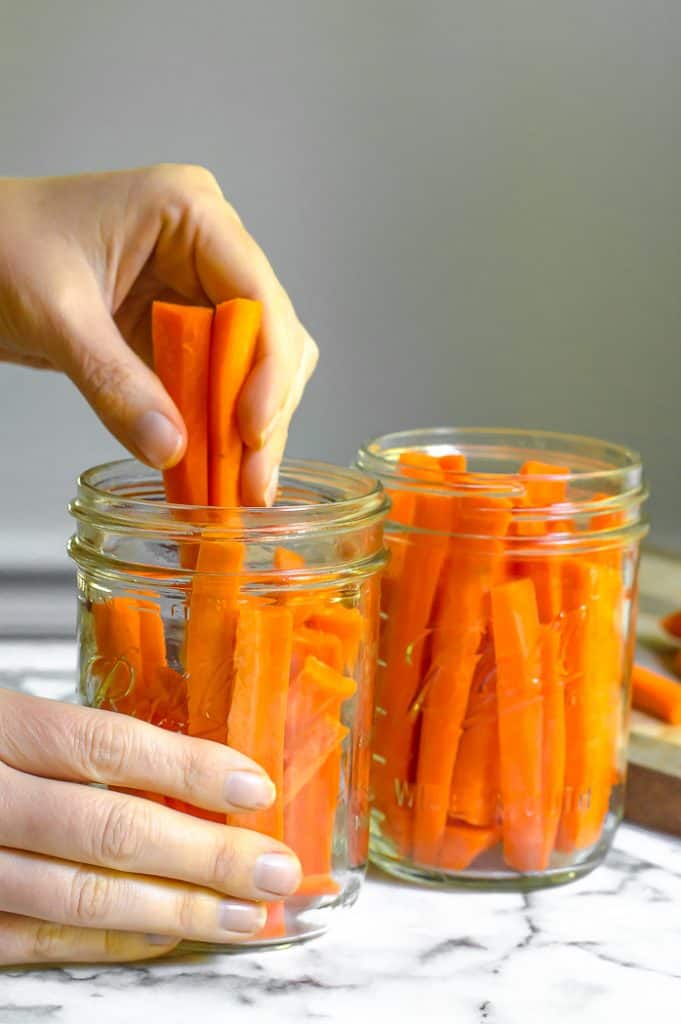
Storing carrots in compost is not a recommended practice if the goal is to maintain their freshness and quality. Typically, compost is used for enriching soil and facilitating plant growth, but it lacks the appropriate conditions for preserving vegetables like carrots. Here are some detailed insights into this topic.
Understanding Compost
Compost is essentially an organic material that has decomposed. It is widely used as a natural fertilizer and soil conditioner. The decomposition process converts kitchen scraps, yard waste, and other organic materials into nutrient-rich compost. However, the conditions within a compost pile—such as temperature, moisture, and microbial activity—are not ideal for storing vegetables.
- Temperature Variation: Compost piles can generate heat as microorganisms break down organic matter, which may not be suitable for root vegetables.
- Moisture Levels: High moisture content in compost can lead to rot rather than preservation.
- Microbial Activity: The active bacteria and fungi can spoil the carrots rather than keep them fresh.
Optimal Storage Conditions for Carrots
To keep carrots fresh for a longer period, it is important to maintain specific storage conditions. Carrots thrive best in cool, moist environments that prevent them from wilting or becoming soft.
- Refrigeration: Storing carrots in the refrigerator at approximately 32°F (0°C) is ideal.
- Humidity Control: Keeping them in a humid environment, such as a perforated plastic bag, can help prevent dehydration.
- Avoiding Ethylene Gas: Storing carrots away from fruits that emit ethylene gas, like apples, can help extend their shelf life.
Alternative Uses for Compost
While you shouldn't store carrots in compost, there are many productive uses for compost that enhance plant growth. Compost can enrich the soil in gardens, supplying essential nutrients that plants require for healthy development.
See also: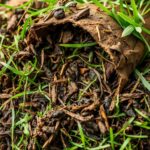
- Soil Amendment: Mixing compost into the soil improves its structure and nutrient content.
- Moisture Retention: Compost helps retain moisture in the soil, beneficial during dry periods.
- Natural Pest Repellent: Some composts can attract beneficial insects, which may reduce pest problems.
Tips for Storing Fresh Carrots
If you want to maximize the longevity of harvested carrots without resorting to compost, several effective tips could be beneficial.
- Cleaning Carrots: Remove dirt but avoid washing until you're ready to use them; dampness can accelerate spoilage.
- Trimming Greens: Cut off the tops of the carrots to reduce moisture loss through the leaves, which can draw energy away from the roots.
- Using Sand or Sawdust: Store carrots in boxes filled with sand or sawdust in a cool area to mimic root cellar conditions.
Composting Carrot Scraps
While whole carrots should not be stored in compost, carrot tops and peels make excellent compost material. These scraps contribute valuable nutrients back to the soil when composted properly.
- Nitrogen Source: Carrot scraps are high in nitrogen, which helps to speed up the composting process.
- Reduce Waste: Composting scraps can significantly reduce kitchen waste, promoting environmental sustainability.
- Improve Soil Quality: Decomposed carrot scraps enrich the soil, providing organic matter that benefits future plant growth.
How long do carrots take to decompose?

Carrots generally take about 3 to 6 months to decompose under optimal conditions. The decomposition rate can vary based on factors such as environmental conditions, moisture levels, and whether the carrots are whole or cut. In a natural setting, microorganisms and other decomposers break down the organic matter, which can influence the speed of the process.
Factors Affecting Carrot Decomposition
Different environmental conditions can significantly impact the rate at which carrots decompose. The main factors include:
- Moisture Levels: Adequate moisture accelerates decomposition, while dry conditions slow it down.
- Temperature: Warmer temperatures promote microbial activity, leading to quicker breakdown of the carrots.
- Exposure to Air: More exposure increases the activity of decomposers and speeds up the process.
Whole vs. Cut Carrots
The form in which the carrots are placed into the compost or soil can greatly influence decomposition time.
- Whole Carrots: These can take longer to decompose because they have less surface area exposed for decomposers to act on.
- Cut Carrots: Slicing carrots increases the surface area, allowing microorganisms to access more of the vegetable, thereby speeding up decomposition.
- Shredded Carrots: Finely shredded carrots decompose the fastest since they maximize exposure to decomposing agents.
Role of Microorganisms
Microorganisms play a crucial role in breaking down organic matter, including carrots.
- Bacteria: These are primary decomposers that break down organic materials swiftly.
- Fungi: Fungi contribute to the decomposition process by breaking down tougher plant materials.
- Actinomycetes: These are bacteria-like microbes that thrive in soil and assist in decomposing more complex organic compounds.
Composting Carrots
When composting carrots, it is essential to manage several aspects to ensure efficient decomposition.
- Mixing Materials: Combining carrots with browns, like leaves or straw, balances nitrogen content, enhancing decomposition.
- Turning Compost: Regularly aerating compost helps maintain oxygen levels which favor faster microbial action.
- Maintaining Moisture: Keeping the compost moist but not waterlogged ensures optimal conditions for microbes.
Indicators of Decomposition
Understanding when carrots have fully decomposed can help gardeners and composters gauge the success of their composting efforts.
- Visual Changes: The carrots will shrink and darken as they decompose.
- Texture: Fully decomposed carrots become crumbly and break apart easily.
- Smell: An earthy smell indicates successful decomposition, while foul odors might suggest anaerobic conditions.
Questions from Our Readers
Can you compost carrot tops?
Yes, carrot tops are great for composting. They decompose quickly and contribute essential nutrients to the compost pile. Just make sure to chop them up a bit to speed up the composting process.
Are spoiled carrots compostable?
Absolutely, spoiled carrots can be added to your compost. While they may not be pleasant to handle, they will break down and provide valuable organic matter to your compost over time.
Do carrots need to be chopped before composting?
Chopping carrots before composting is not strictly necessary, but it is recommended. Smaller pieces will decompose faster, helping to accelerate the overall composting process and create nutrient-rich soil more quickly.
What should not be composted with carrots?
When composting carrots, avoid adding any diseased or moldy vegetables, as they can introduce pathogens into your compost. Additionally, steer clear of fats, oils, and meat, as these can attract pests and create unpleasant odors.
See also:

If you want to read more articles like Can You Compost Carrots? The Ultimate Guide to Composting Leftover Vegetables, we recommend you check out our Compost category.
Leave a Reply
Related Articles